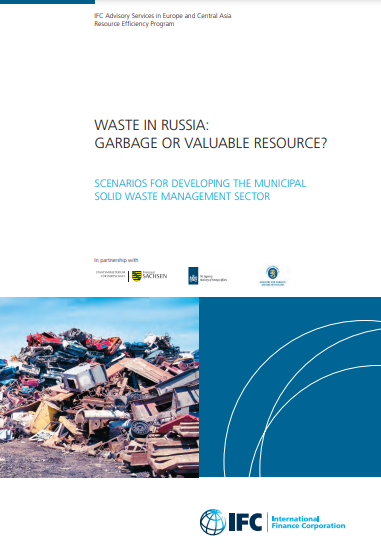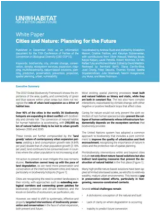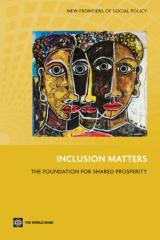
-
Country/City
Russia
-
Topics
Policy and Governance, Circular Economy, Management, Recycling, Disposal
-
Published On
May 14, 2014
-
Author(s)
IFC, The World Bank
Every year, Russia generates 55-60 million tons of municipal solid waste (MSW) [1] with a per capita average reaching up to 400 kg per year. Furthermore, the per capita figures largely differ in terms of urban and rural areas. The amount of MSW in Russia is growing and will continue to increase as living standards rise, reflecting an existing correlation between the GDP per capita dynamics and waste generation. Unless measures are taken to respond to this situation, a continuation of business as usual in the MSW sector may lead to serious environmental consequences.
The purpose of this study is to demonstrate the potential of the waste-recycling sector in Russia and to offer recommendations for how it should be developed. The authors base their forecasts and guidelines on an analysis of the MSW sector outside of Russia and by modeling various MSW management development scenarios. The study considers the institutional and economic mechanisms that would help fully realize the waste recycling potential in the most efficient manner.



